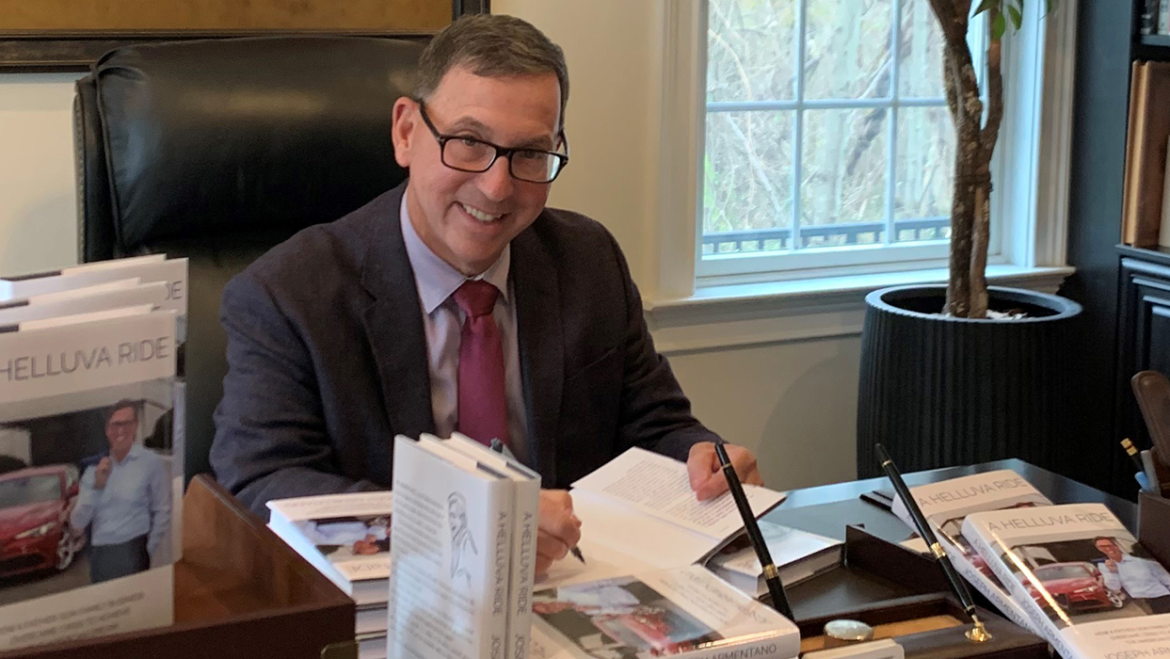It’s a new year, a time we traditionally make resolutions for the upcoming year. Resolutions about health, money, personal growth, family, and friends. An effort to improve our business careers. Unfortunately, they often become distant memories, sometimes within a few months.
That is why I have long ago abandoned resolutions. I have come to understand the power of commitments.
Resolutions are merely promises. Commitments are obligations that become embedded in your mind. They are considered essential to one’s welfare and become a moral bound duty to complete.
So how do we change our thinking to make commitments in a world of promises?
The first step is to understand self-analysis better.
We need to recognize that our human nature tends to put up a defensive shield to protect us from criticism and inner conflict. We need to break down the shields.
Many professional tools can help start us on the process. They include a DISC assessment (an acronym that stands for Dominance, Influence, Steadiness, and Conscientiousness) and a SWOT analysis (an acronym for Strength, Weakness, Opportunity, and Threat).
The DISC assessment is designed to help you understand your own personality better, and the SWOT analysis is intended to help you understand your strengths and weaknesses.
In my experience, these tools alone are not enough. Self-analysis needs to be constant, almost a daily part of your life.
My self-analysis practice came from my father, Pat Armentano, a self-taught master of psychology and conflict. He taught me the concept of the “mirror test.”
To better understand the motivation behind my actions, he would say, “Joe, when you look into the mirror, you can bullshit me or someone else, but never bullshit yourself.”
Pat made me realize that real self-development can only come from honesty and transparency. I needed to constantly scrutinize my behavior and actions in a way that made me better understand myself.
Self-analysis comes from within and, as importantly, comes from our relationships: genuine honesty and feedback from business colleagues, family, and friends. We need to welcome and encourage criticism from those we respect and trust. Often, others see things that we do not see in ourselves.
Again, I recall another life lesson from my father when he was a young salesman at the start of his career. Though he was a highly successful salesman, he would sometimes lose a sale to a competitor. On those occasions, instead of making excuses, he would ask his prospective customer why he lost the sale.
He saw every lost sale as an opportunity to learn and become a better salesman. He would often say, “Joe, if I didn’t sell, I didn’t eat.” There can be no better understanding of the power of commitments.
Commitments are not easy to make. There needs to be a willingness and desire to truly change one’s behavior and thinking. Like anything else, the more we focus on commitments rather than resolutions, the better we will become at understanding the differences.
Real commitments can be life-changing. They have been for me.


Add Comment